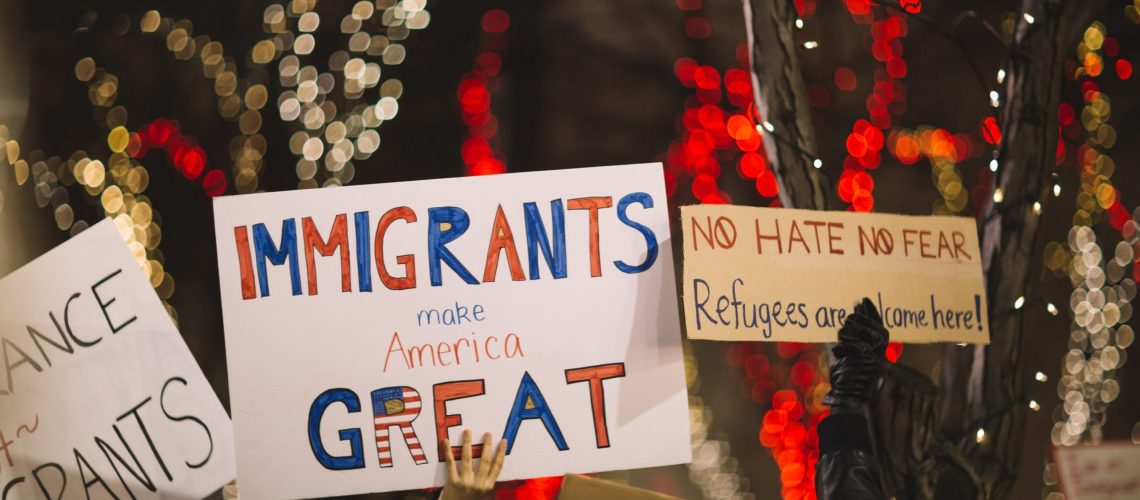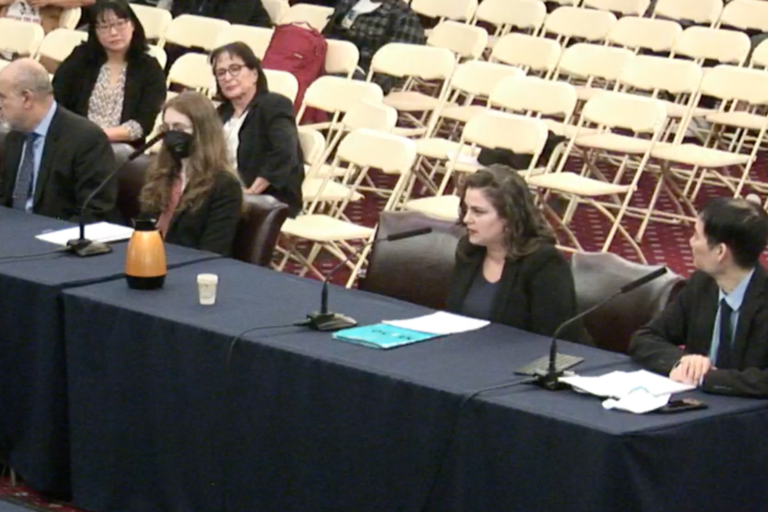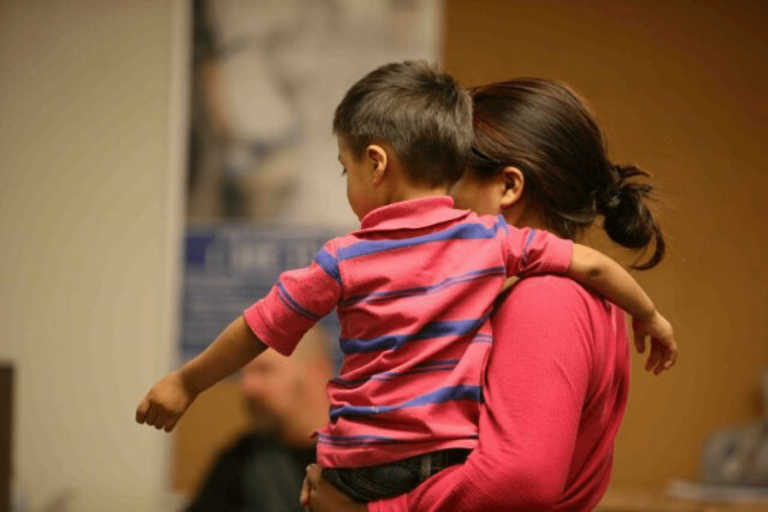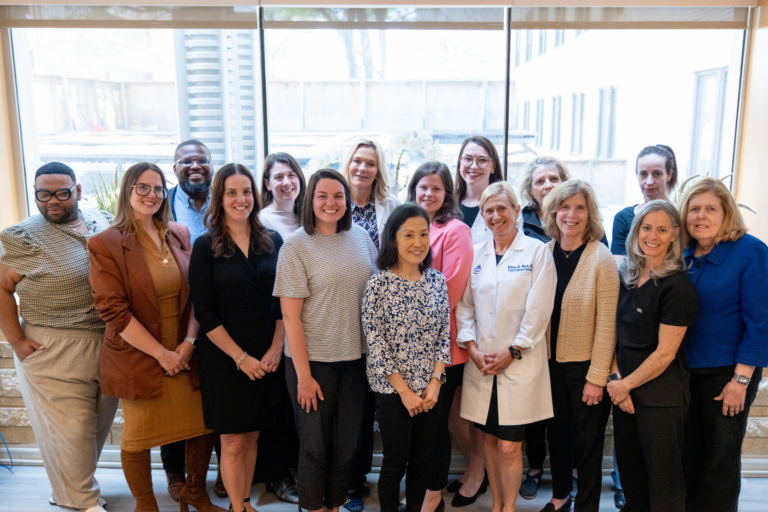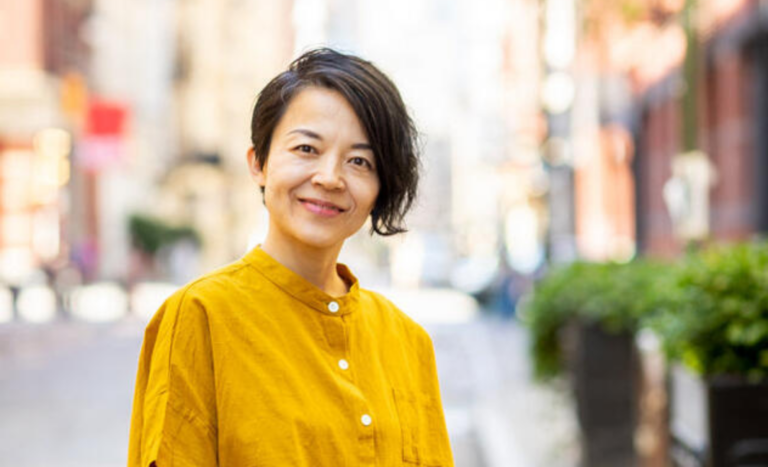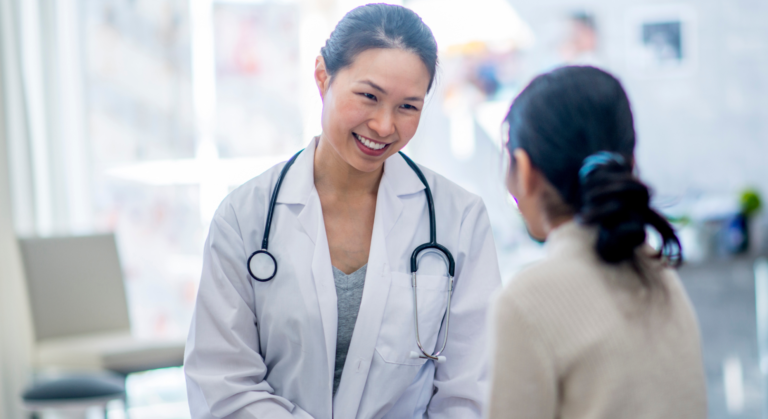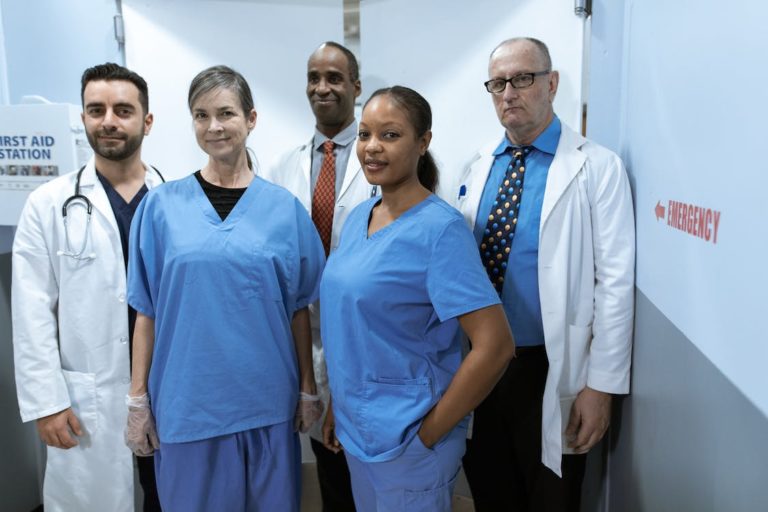The public charge rule, which is used to decide whether a person can enter the U.S or get a green card (lawful permanent residency) through a family member, has been part of immigration law in the U.S. since 1880. The test looks at the totality of a person’s circumstances, including income, employment, age, health, education or skills, and receipt of certain public benefits.
If an immigration officer decides that a person is likely to become a public charge (someone who is primarily dependent on the government, as demonstrated by either the receipt of public cash assistance for income maintenance or institutionalization for long-term care at government expense) in the future, the official can deny the application to enter the U.S. or to get a green card.
For the last decade, the rule has been interpreted fairly narrowly, only applying to Suplemental Security Income (SSI) and long-term institutional care. The new rule that is being implemented by the Trump Administration broadens the definition of public charge to include a broader range of benefits.
While the change is a large one aimed at scaring and hurting immigrant communities, it’s important to note that it does not apply to all immigrants or public benefits.
Keep in mind:
- The new rule does not go into effect until October 15, 2019.
- Receipt of public benefits alone does not make someone a public charge.
- Benefits received by family members or other household members are NOT counted.
Who does the public charge rule apply to?
Applies to
Immigrants applying to become lawful permanent residents (“green card applicants”) based on family and employment petitions.
People applying for:
- Tourist visas
- Other non-immigrant visas (such as student visas)
- Visa extensions or change of status
Does NOT apply to
Green Card holders, including those applying for citizenship (unless returning from 6 months or more abroad)
U.S. Citizens
Asylees and Refugees
U/T visas
VAWA self-petitioners
Special Immigrant Juvenile Status
Certain Parolees
Active-duty military and their families
Which public benefits does the public charge rule apply to?
Public benefits included in public charge:
HEALTHCARE: Federally-funded Medicaid (with exceptions, see across)
CASH ASSISTANCE/FOOD: TANF, SNAP (food stamps), SSI, state and local cash assistance programs (such as Safety Net Assistance or SNA)
HOUSING: Section 8 and Public Housing
Public benefits NOT included in public charge:
HEALTHCARE: Emergency medical assistance (including Emergency Medicaid), CHIP, Medicaid for children under 21, Medicaid for pregnant women (+60 days post-partum), State-funded Medicaid (PRUCOL), Medicaid under IDEA, Medicare Part D Low-Income Subsidy, subsidized health insurance under the Affordable Care Act (Essential Plan), ADAP, H+H Options, NYC Care
CASH ASSISTANCE/FOOD: WIC, national school meal programs, Head Start, tax credits, disaster relief
HOUSING: Certain housing assistance, energy benefits, short term shelters for the homeless and victims of DV
ANY BENEFITS RECEIVED BY FAMILY/HOUSESHOLD MEMBERS
This is general information, not legal advice. Immigrants who are concerned about the new public charge inadmissibility rule can make an appointment with a LegalHealth attorney or call the LegalHealth Public Charge Intake Line at (212) 659-6188 to discuss immigration concerns.
All calls and information remain confidential.
The post Who does the public charge inadmissibility rule apply to? appeared first on New York Legal Assistance.

